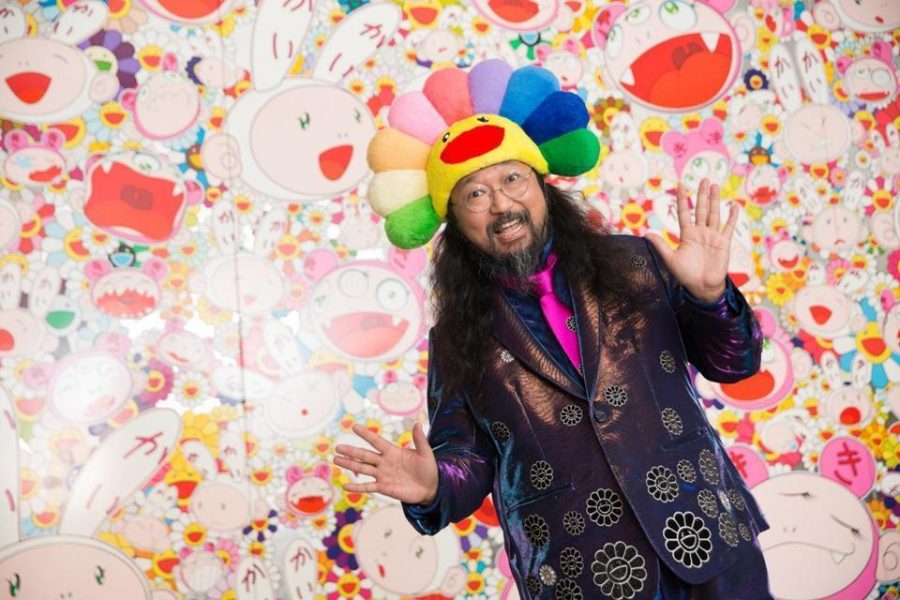By Alison Barnett
Staff Writer

Recently, the head of the German anti-immigration group Pegida has stepped down as leader of the group when a photo of him posing as Adolf Hitler was published in the German newspaper Bild.
In the picture, Lutz Bachmann has his hair and mustache styled similarly to the Nazi leader. Since his resignation on January 21, a few more key figures in this movement have stepped down including Kathrin Oertel, the group’s spokeswoman. She stepped down last week, with a statement on the group’s website saying she resigned due to media hostility.
Pegida, which is a German acronym that translats to “Patriotic Europeans Against the Islamization of the West”, has attracted a lot of attention in the past months. About 25,000 people attended an anti-immigration rally in the city of Dresden in January. Less than two percent of Dresden’s population is Muslim. Some political leaders, including Heiko Mass, Germany’s justice minister, thought the march was exploiting the victims of the Charlie Hebdo shooting. He told Bild “If organizers had a bit of decency, they would simply cancel the demonstrations”, but the organizers went on with their plans.
Counter-protesters have turned up at many of these anti-immigration rallies, sometimes in stronger numbers than the protestors. Thousands of counter-protesters turned up to try and block the march in Dresden. They also showed up at protests in Berlin, Munich, and Cologne. One counter-protester in Berlin said he was “disgusted” at the anti-immigration movement and at the idea that Germany should mistreat people who have been through trouble in their home countries. City and church leaders in Berlin and Cologne shut the lights off at a few prominent landmarks in those cities during Pegida’s rallies, including Brandenburg Gate, to deny them support and the use of those symbols.
Muslim leaders called for a vigil in Berlin to promote tolerance over Pegida’s views. German Chancellor Angela Merkel and President Joachim Gauck both attended the vigil, and President Gauck spoke to the crowd, saying that “[D]iversity has made our country successful, interesting and likeable.” He also stood up against anti-Muslim violence, saying “We are against any type of hate crime. The attacks against mosques are against us all…We all are Germany.”
Representatives from Christian, Jewish, and Muslim groups all attended, putting forward an image of religious tolerance and solidarity in the face of forces which pit different religious and ethnic groups against each other. Aiman Mazyek, the leader of the German Council of Muslims, also spoke at the vigil, calling for a Germany that “is open to the world, with a big heart.”












